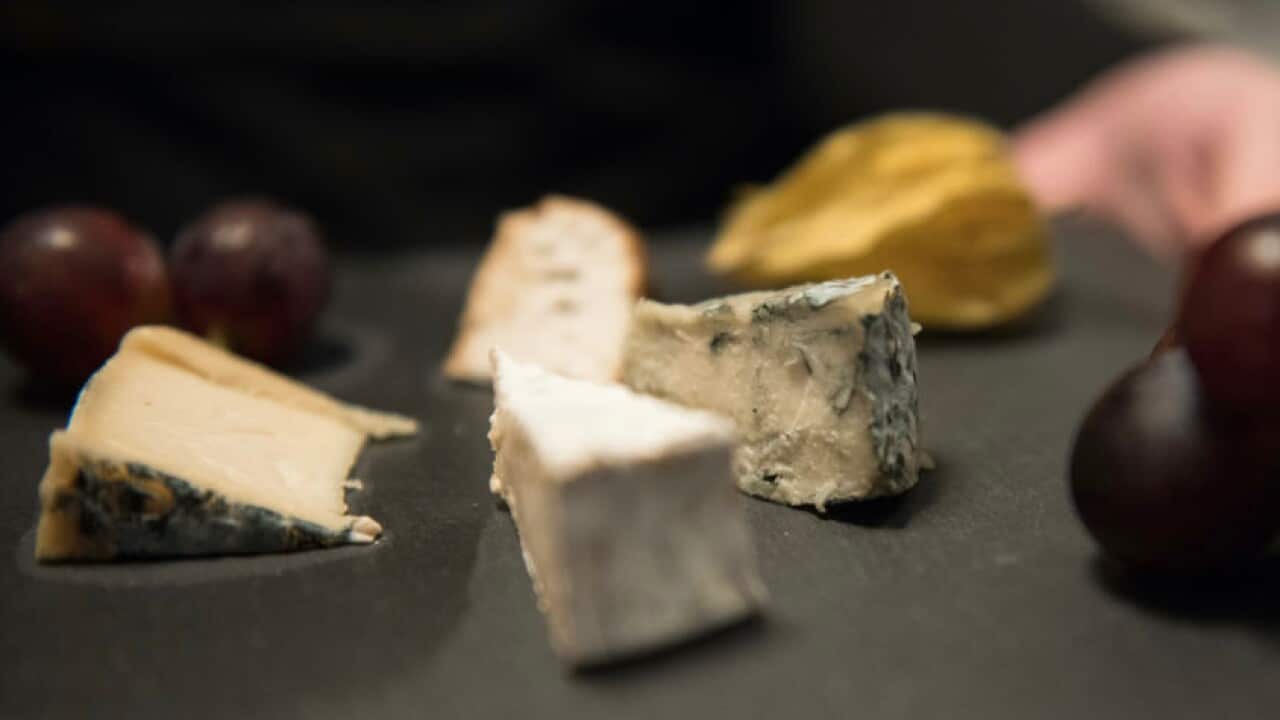Once upon a time in Hong Kong, veganism was not an eating pattern for the health conscious or environmentally thoughtful. Veganism was the norm and plant-based diets were a necessity.
“About 100 or 200 years ago, Hong Kong was [mostly] all vegetarian and vegan,” says Jeff Leung, business development and operations director at the restaurant, in Hong Kong.
“People just didn’t have enough money to buy meat. That is why many older Chinese people still think that you need pork, chicken, beef and fish to have a complete meal. They think that if you only have vegetables, it means you are poor.
“But today, things are changing again. Many of the younger people are thinking about their health and more people are becoming vegan or vegetarian. Diets are changing in Hong Kong.”
Leung also explains that his restaurant – which was once popular with people following the traditional vegan Buddhist diet – is now attracting plant-based eaters from all religious affiliations and atheists.
Diets are changing in Hong Kong.
“In the first few years of operation, we used to say ‘if you are a Buddhist, you should come here and have a nice dinner’. But then we changed and now it’s all about attracting people who want to eat vegetarian and vegan for health reasons and detox. Once people have been vegan or vegetarian, they can feel the difference in their body.”
As one of the countries with the , Hong Kong has always been big on meat. So it’s striking to recognise that around currently practice a plant-based diet.
Why is veganism so on-trend in Hong Kong?
This new movement back to traditional veganism and vegetarianism ways in the Chinese territory has a few motivators.
In 2016, the Chinese government new dietary guidelines in an effort to fight against rising cancer, obesity and heart disease statistics. The guidelines encourage Chinese people to reduce their meat consumption by 50 per cent.
Researchers predict that China’s vegan market will increase by over between as a result. If statistics rise as planned, in two years time the Chinese vegan market will claim the title of the fastest growing in the world.
In Hong Kong, the plant-based eating initiative ‘Green Monday’ has helped spread messages of veganism and vegetarianism throughout the local restaurant industry.
As more vegan and vegetarian , plant-based alternative dishes are featuring on menus at non-vegan or vegetarian restaurants.
San Francisco-based have partnered with (a Hong Kong burger restaurant) to sell a vegan burger featuring an Impossible Foods vegan pattie and homemade, vegan XO sauce. , a company set up by Bill Gates, , selling a vegan burger that is cholesterol-free, antibiotic-free, hormone-free and GMO-free.
In Hong Kong, the plant-based eating initiative ‘Green Monday’ has also helped spread messages of veganism and vegetarianism throughout the local restaurant industry. The six-year-old social venture, which encourages people to be more sustainable by eating less meat, partners with over in Hong Kong to offer vegan and vegetarian-based menus, and run plant-based eating events.
According to research conducted by Ipsos, 1.6 million Hong Kong people or 23 per cent of the city's population were following . FAST COMPANY magazine listed the organisation as one of .
Then in 2015, Green Monday launched , a chain of stores situated around Hong Kong, to help locals make sustainable, plant-based food choices. Green Monday has also developed a new plant-based restaurant guide and operates education programs, influencing people’s eating choices from kindergarten right through to university.
A natural fit?
Hong Kong-based tour guide, Sidney Luk, tells SBS that Chinese people who want to follow a plant-based diet can transition from carnivore to vegan naturally.
“In our history and with the way we eat regularly, each dish is made up of around 20-30 per cent meat,” explains Luk. “So traditionally, we don’t a lot of meat anyway. We mostly eat vegetables.
“But people today are becoming more and more concerned about their health and the environment so they prefer to have more vegetables in their diet. They know that vegetables grow faster than cattle or poultry and they don’t cause a lot of pollution, which is a concern for some people here.”
So traditionally, we don’t a lot of meat anyway. We mostly eat vegetables.
Leung also believes that some Hong Kong locals may be turning to veganism as they become increasingly aware of the effects of pollution and the use of antibiotics and hormonal treatments in some meat.
“[I believe] you can remove some of the chemicals from vegetables more easily [than meat]. You can soak vegetables in water for two or three hours and there will be less chemicals.”
Although Chinese cuisine is thousands of years old, the availability of a wide array of vegetables and mushroom types, and the local popularity of tofu and other soy-based products means that traditional meat-based dishes can be modified to suit vegan demands.
“In Chinese, traditionally vegan food is the offering you make when you go to the temple,” says Leung. “But vegan food doesn’t have to be boring Chinese vegan food.
“We try our best to make our plant-based dishes more complicated. We don’t just steam or boil vegetables. We infuse the flavour in a more Chinese way. For example, watermelon or lotus seed – we might cook it in our secret ingredient soup to infuse the flavour.
“Vegan food can be exiting. It’s good for your health and eco-friendly. It’s another direction in Chinese dining.”







